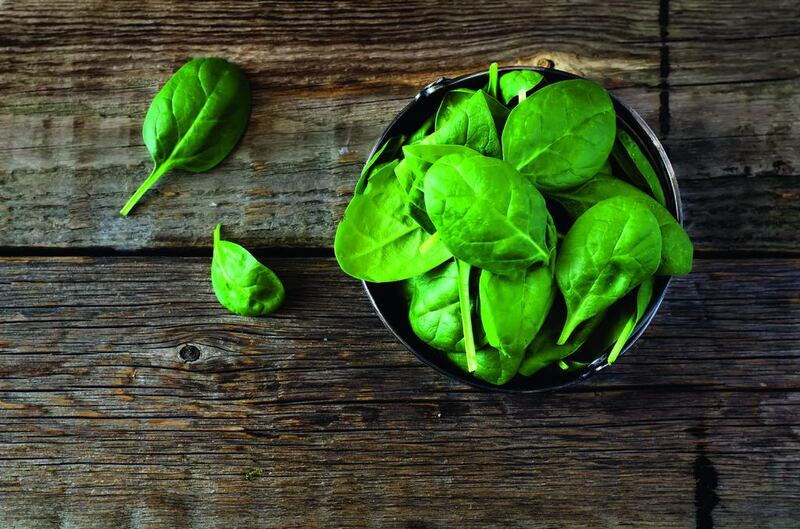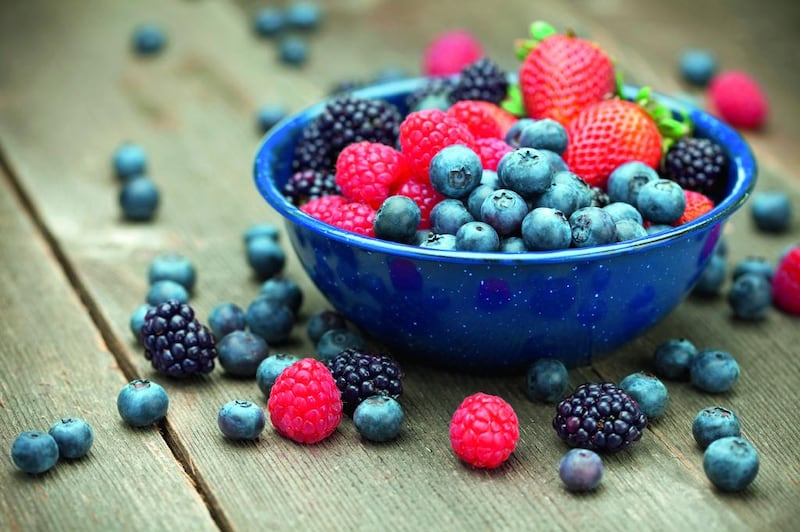Eating a well-balanced diet of nutrient-rich foods has been proven to help maintain a healthy weight, boost immunity and alleviate a number of medical issues. But, there’s one part of the body people tend to forget: the brain. Although the brain represents just 2 per cent of the total weight of an average adult, it actually uses 20 per cent of the energy we consume, according to experts. Like the rest of our muscles and organs, this powerhouse benefits immensely from proper nutrition, as it needs energy whether we’re awake or asleep.
Like other bodily functions, most of that energy comes from the foods we eat and research has shown that diet impacts both brain health and cognitive ability, which is our ability to think, learn, perceive, reason and remember. That’s why it’s vital to eat foods rich in vitamins, minerals and antioxidants to keep our minds in tip-top shape. So, what are some of the best things to eat to keep us sharp? Dr David Lardizabal of the Neurological Institute, Cleveland Clinic in Abu Dhabi, reveals five of the best foods to help us focus.
Leafy greens
“Eating one or two servings each day of leafy green vegetables, such as spinach, broccoli, kale, collards and mustard greens, can help slow mental decline due to ageing and has been shown to reduce your ‘brain age’ by up to 11 years,” says Lardizabal. “This means that brain function is equivalent to someone 11 years younger.” This protective effect is mostly due to vitamin K, which enhances the ability to learn. Carotenoids, another substance found in these vegetables, provide antioxidant protection that helps to guard against neurodegenerative disorders caused by harmful molecules known as free radicals. Leafy greens are also rich in vitamin E, which helps to prevent cognitive decline and memory loss, according to Lardizabal.
Fish
Fish is the number-one source of omega-3 fatty acids, which play a role in cognitive function, including memory, and help reduce the risk of a stroke – both age-related neurodegenerative problems. “Omega-3 fatty acids are essential fats that our bodies need but cannot produce, so we have to get them from food,” says Lardizabal. “It is best to eat fish highest in omega-3 and lowest in mercury, such as salmon, cod and pollack.” He also recommends other good sources of omega-3 such as walnuts, avocados, flaxseeds, soybeans, canola or olive oil, and omega-3 fortified eggs.
Chicken
B-group vitamins, found in foods such as poultry, are crucial for proper brain health. “B vitamins, such as B6, B12 and folic acid are essential nutrients that help reduce levels of a homocysteine in the blood,” says Lardizabal. “High levels of homocysteine, an amino acid, are associated with increased risk of stroke, brain atrophy, cognitive impairment and dementia, including Alzheimer’s disease.” Chicken, fish, eggs, milk and whole cereals are also rich in vitamins B6 and B12.
Tomatoes
“Evidence suggests that lycopene, a substance found in tomatoes and other red fruits, has antioxidant properties, which protect against free radicals that accumulate with age and damage brain cells,” says Lardizabal. “Lycopene can also help protect the brain in situations when it is starved of oxygen due to, for example, a heart attack or stroke.”
Berries
Like tomatoes and leafy greens, berries help protect against brain-ageing and age-related neurodegenerative disease. “Berries such as blueberries and strawberries are rich in anthocyanins, which have anti-inflammatory and antioxidant effects,” says Lardizabal. “A study in which older adults drank blueberry juice for 12 weeks indicated that blueberries play a role in memory function in those with early memory loss. Blueberries have also been shown to reduce symptoms of depression.”










